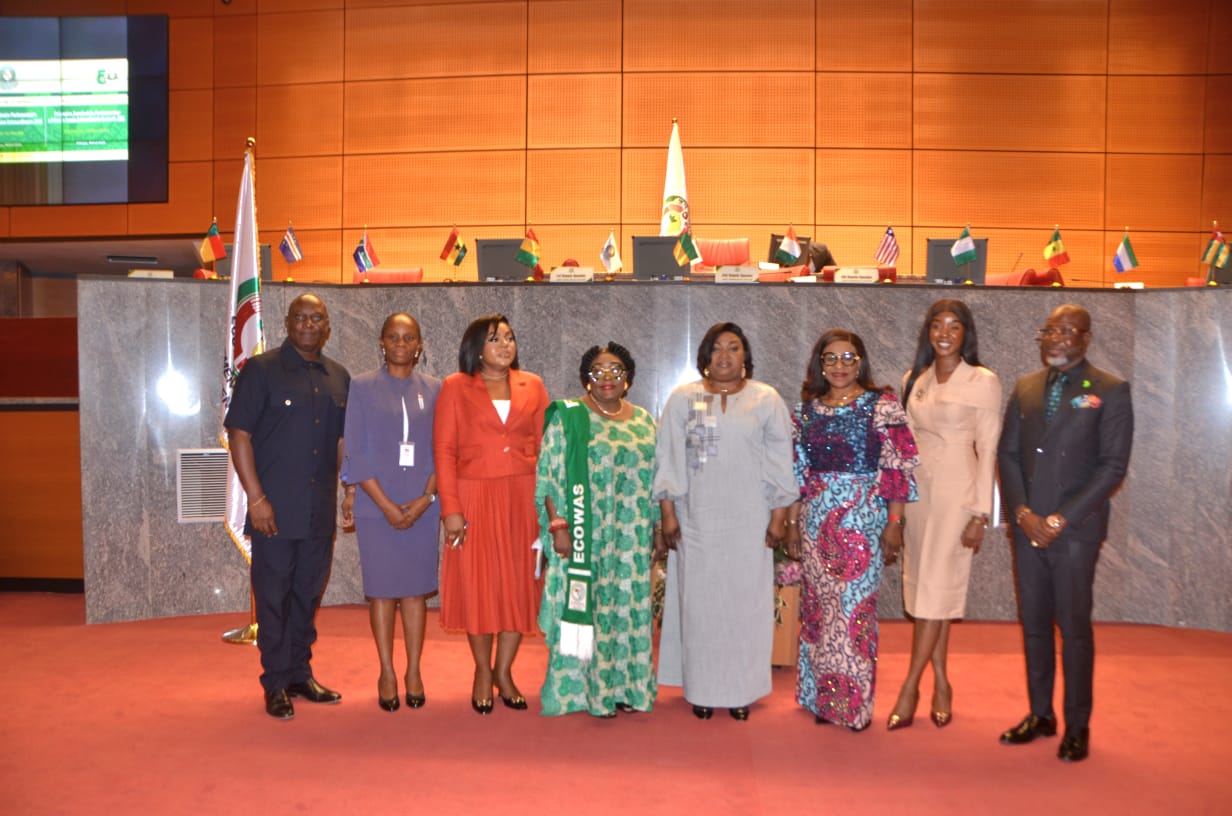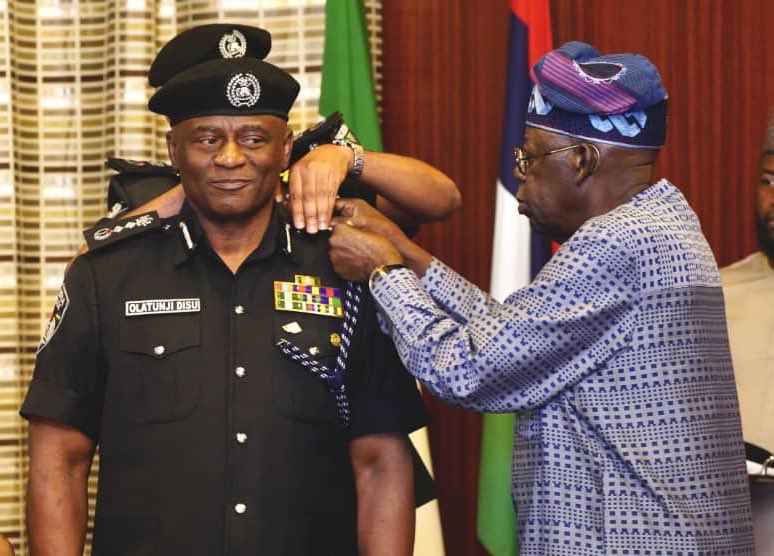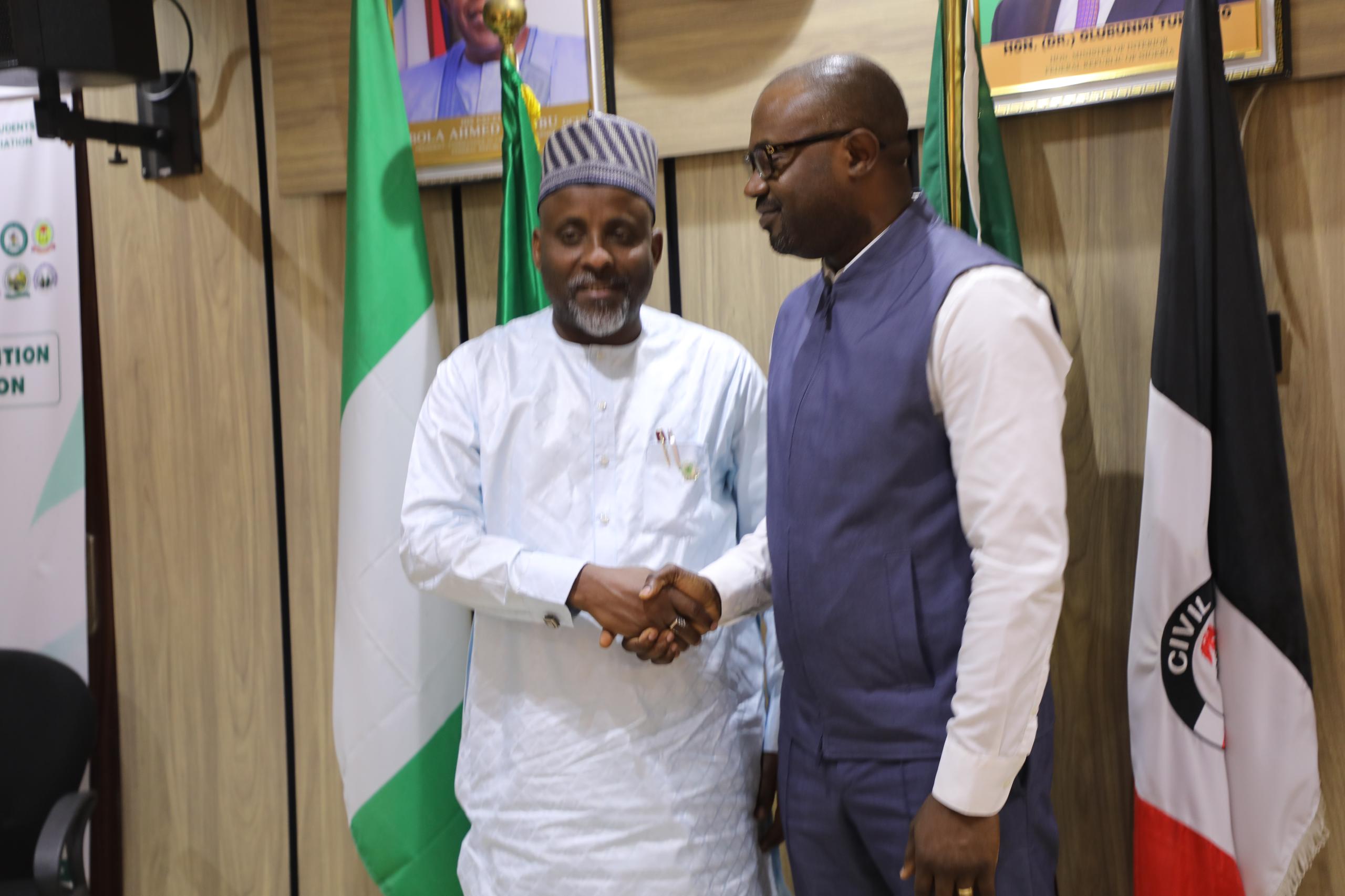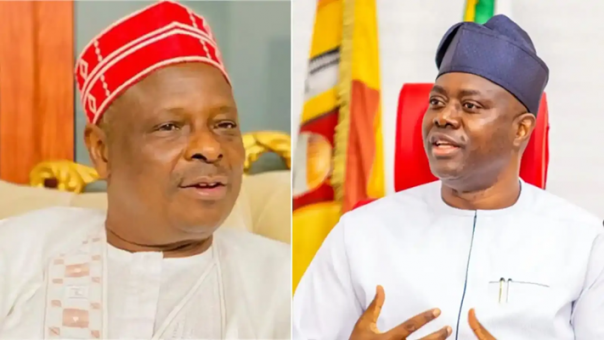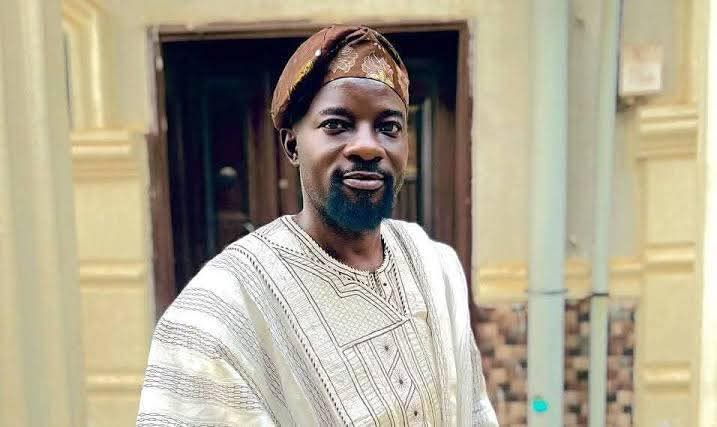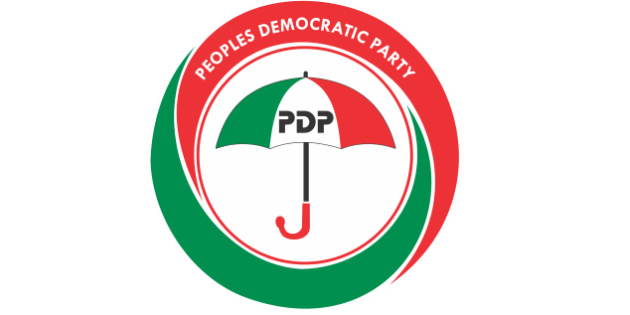News
Reps Deputy Speaker advocates Near-Shoring to boost Africa’s economic growth
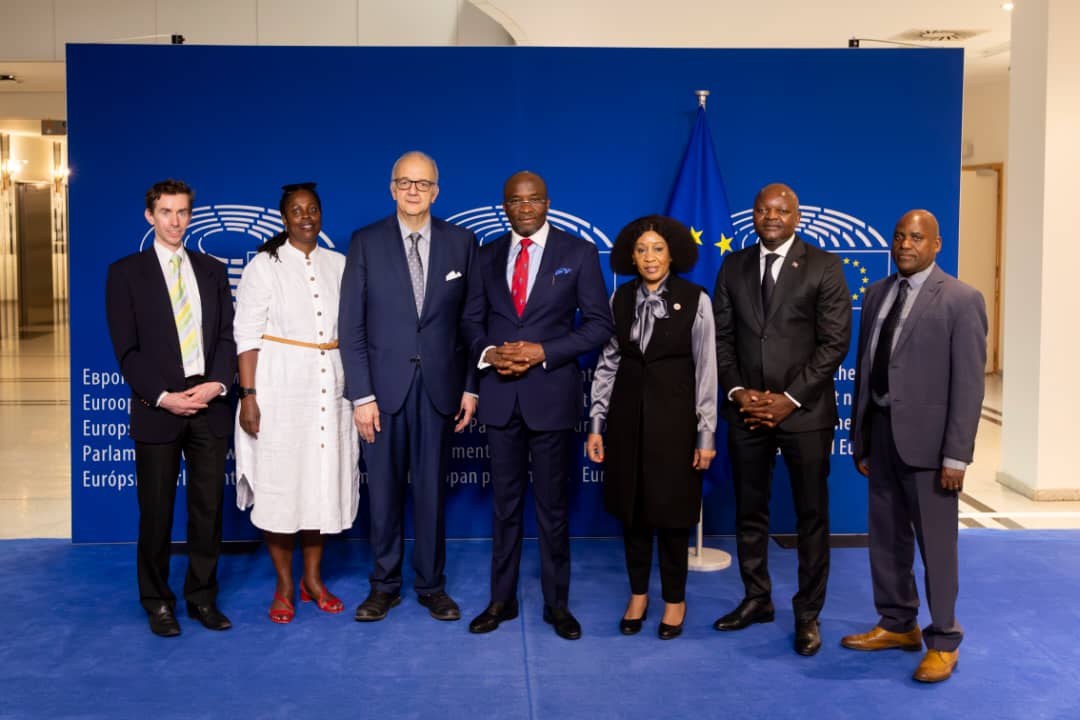
Nigeria’s Deputy Speaker of the House of Representatives, Rt. Hon. Benjamin Okezie Kalu, has proposed the concept of “near-shoring” as a solution to boost Africa’s economic growth and reduce migration.
Near-shoring involves taking technology and industrialization closer to raw materials in Africa, creating value-added products and jobs for African youths.
Speaking during an Online Roundtable titled “EU-African relations: An African perspective” in Brussels, Belgium on Tuesday, Kalu said that it will be mutually beneficial to Europe and Africa to partner each other.
Kalu’s call for investment in Africa however comes as the continent seeks to harness the potential of the African Continental Free Trade Area (AfCFTA) to promote intra-African trade and economic growth.
It will be recalled that the Deputy Speaker who chairs the Monetary and Financial Affairs Community of the Pan African Parliament (PAP) is leading the delegation of the Africa parliamentary body to the European Union (EU) Parliament in Belgium.
He emphasized that while the raw materials are domiciled in Africa, the European technology and expertise in the new partnership, will be used to process them, thereby creating value-added products and jobs for African youths.
The approach, the Deputy Speaker said, would not only reduce migration but also promote economic growth and development in Africa, noting that African youths are seeking opportunities.
Kalu highlighted the demographic advantage of Africa, stressing that the continent is projected to have 42% of the world’s youth population in the next five years.
Citing examples of how near-shoring could work, the Deputy Speaker said that Africa can become a manufacturer of batteries and chocolate, rather than exporting the raw materials to be processed and shipped back to Africa in high value for the European continent.
He said: “Let me go to some of the issues you raised about the youths, about the challenges and what the future holds for Africa. The truth is that I am happy that Europe now knows we are your neighbors, and that what affects our continent affects your continent, and that you have not leveraged the strength of Africa over the years. And what are those strengths? It is projected through statistics that in the next five years, that Africa will have 42% of the youths globally resident in Africa. What are you doing with that? Europe does not have that and cannot boost of that. What are we doing with that manpower? It is also a known fact that European continent has abundance of technology and funds, while Africa does not have that. But what we have that you don’t have is natural and mineral resources.
“The question becomes, in this partnership, are we leveraging our strengths? What we should do is to ensure that if we want to face the challenges that we have encountered over the years, one of them being migration, is that we have to look at the strategy known as near-shoring. Near-shoring is where you take technology and industrialization closer to raw materials. What African youths are looking for. They are running for opportunity. African youths are looking for opportunity, and these opportunities are found in Europe. That is why they are coming there. And the question is, is there any way to reverse that? What mechanism can we use to reverse that?
“The mechanism we can use to reverse that is to take the technology and industrialization closer to raw materials, create those opportunities around Africa, keep them in Africa, and have a win, win situation. So, what it means is that little minds in Africa will no longer be known for little mining only, but Africa will now be known for manufacturers of battery. Now, Cocoa farms in Africa will no longer be known for being a cocoa farm, but they will be known as producers of chocolate. So, the whole nine yards of the production there in Africa will keep Africans within Africa, and then, you have a single market system here in Europe, we are now to set up African Free Trade Agreement Area (AfCFTA). All we need is the capacity building to support to make sure that we win there and if we win to have a single market where Africa will trade more in Africa and Europe is with is within the continent, encouraging our manufacturing system, it will be a win, win for Europe and Africa.
“The solution lies in finding the causative factors that led to people migrating. And the solution is in Africa. It’s not in Europe. Our primary raw materials are exported as primary products, not as secondary product. There is no value addition on our products. Just consider the whole nine yards of adding value to a single product that leaves the shores of Africa, and the amount of jobs it will create. It’s massive. As a good neighbor, continental neighbor, it’s about time you begin to love your neighbor as you love yourself. If you can build the factories here without having raw materials, think of building the factory there where the raw materials are, because it will solve both economic problems for you and also population wise.
“So, to solve the migration problem, it is not in any other policy that is outside industrialization of the source of the raw materials, and we are willing to partner. Africa is willing to partner for a win, win relationship, and I’m happy you are passionate about it. The rule of proximity, the rule of near-shoring, should be the game. Bring the technology close to raw materials. Leverage the raw materials. Leverage our youthfull population, which you don’t have in Europe. If you can do that, it will be a game changer for Europe. It will be a game changer for Africa. Africa is willing to have this hand of partnership with Europe. But how willing is Europe? So, that is what will cure the migration problem”.
The Deputy Speaker also emphasized the need for Africa to own its security system, with support from European technology and expertise.
He noted that past attempts to implement security solutions through external forces have failed, and that Africa needs to take charge of its own security.
“Now, when you talk about security, the security of Africa can only be handled through a locally owned system. You tried it between 2015 to 2020 when you tried to intervene through implementation by implementing through external forces. It didn’t work. Africa needs to own their own security system and the way you can support Africa to be able to do that is to ensure that those technologies that will help us to enhance the security systems are available to us: the surveillance cameras, the aircraft. With that we will be able to own and have confidence in our system to be able to protect our citizens”, he said.
Kalu also called for fairer credit rating system that reflects the realities in African economic climate, stressing that both continents must leverage on their comparative advantage to advance their mutual business interests.
“The EU must strengthen its use of blended finance and credit guarantees through its export credit agencies. Nigeria is ready to meet Europe halfway. We have established our own credit enhancement instrument, including the newly created national credit guarantee company to share risk and unlock investment.
The fairer credit rating is another issue. The global financial architecture must be reformed. The EU should provide robust technical support to the AU new African credit rating agency.
This is a direct response to systemic biases from the dominant international agency that lead to unfairly high growing costs.
The recent analytically flawed downgrading of our facing bank by Finch rating is a glaring example of this problem.
Supporting AFCRA will help foster sensitive assessment that measures actual not just perceived risk.
“The challenges facing our continent will not be solved by more aids or stricter border control, but by bold, strategic and mutually beneficial industrial endorsement in Africa.
Let us work together to build factories, not fences. Let us foster trade that has value on both sides of the Mediterranean.
Let us create a future where Africa’s greatest export is not its people, but the innovative product and services, they create, Nigeria, and indeed Africa is ready to build this shared future.
We ask the EU to join us as we build the future that the coming generation will be proud of”, Kalu said.
-

 Feature2 days ago
Feature2 days agoBiography of Tunji Disu, the newly appointed Inspector-General of Police
-

 National News2 days ago
National News2 days agoBREAKING: Tinubu removes IGP Egbetokun, names successor
-
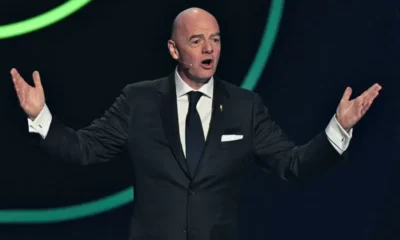
 News2 days ago
News2 days agoFIFA proposes one-minute rule for injured players to curb time-wasting
-

 News2 days ago
News2 days agoNigerian Army thwarts ambush, kills five suspected Lakurawa terrorists in Kebbi
-
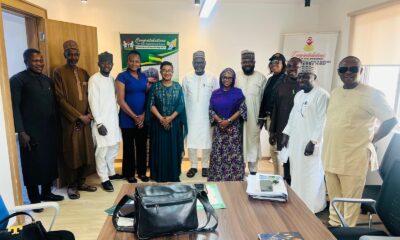
 NUJ FCT1 day ago
NUJ FCT1 day agoBREAKING: FCTA Health Mandate Secretary offers 150 free insurance slots to NUJ FCT members
-
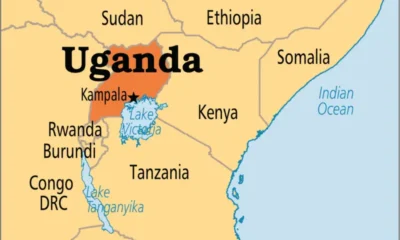
 World News2 days ago
World News2 days agoPolice arrest two women for kissing in public in Uganda
-
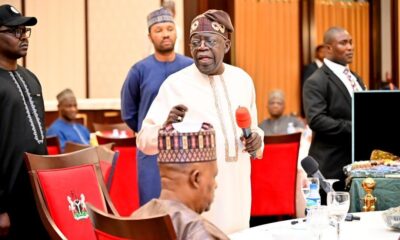
 News2 days ago
News2 days agoNigeria emerging stronger, best yet to come – Tinubu
-
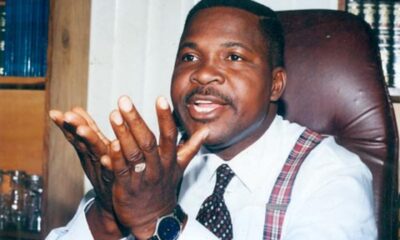
 News2 days ago
News2 days agoBREAKING: AGF withdraws criminal charges against Mike Ozekhome



